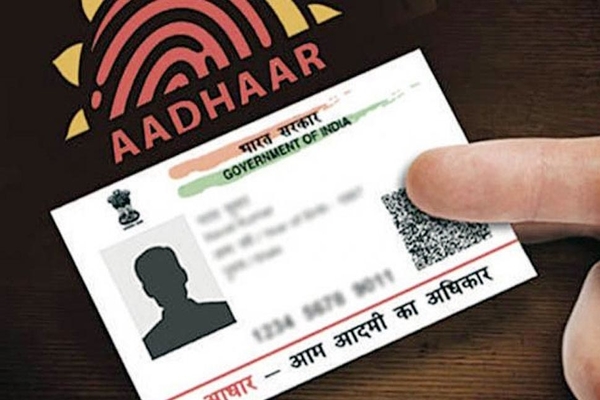Post the announcement of Budget 2019 ( and yet to be ratified by parliament), there are 4 important PAN-related rule changes that one needs to be aware of:
1. The consequence of not linking PAN with Aadhaar
Presently, under Section 139AA (2), PAN allotted to a person shall be deemed to be ‘invalid’ in case the person fails to intimate the Aadhaar number. However, going forward, if a person fails to intimate the Aadhaar number and link PAN with Aadhaar, the PAN card will be made ‘inoperative’. The last date to link PAN with Aadhaar is September 30, 2019. The last date of 30th September still stands, but as per Budget 2019, the operative word has been proposed to be changed from ‘invalid’ to ‘Inoperative’, with effect from September 1, 2019.
2. Deduct TDS for a professional job
If you have hired a professional contractor for the construction of your home or a designer, architect or for that matter any professional for personal use, the new Permanent Account Number rule asks you to deduct TDS before making the payment and deposit the TDS amount with the government using the PAN of the professional.
Currently, one is not required to deduct TDS on any payment made to a contractor or professional when it is for personal use. Further, if the individual is carrying on business or profession which is not subjected to an audit, there is no obligation for TDS to be deducted, even if the payment is for the purpose of business or profession. However, the government felt that due to this exemption, the substantial amount by way of payments made by individuals in respect of contractual work or for professional service is escaping the levy of TDS, leaving a loophole for possible tax evasion.
To plug this loophole, Budget 2019 has proposed to insert a new section 194M in the Act to provide for levy of TDS at the rate of 5 percent on the amount paid on account of contractual work or professional fees by an individual if such amount exceeds Rs 50 lakh in a year. However, in order to reduce the compliance burden, it is proposed that such individuals will be able to deposit the tax deducted using their own and the professional’s PAN and will not be required to obtain Tax deduction Account Number (TAN).
3. Mandatory quoting of PAN in prescribed transactions
Holding PAN is mandatory in certain situations such as – If the individual has income exceeding the basic exemption limit, filing of ITR or having a business turnover of over Rs 5 lakh. For those not fulfilling these or other specified conditions, holding PAN is not compulsory. However, according to government, it has been observed that in many cases persons entering into high-value transactions, such as the purchase of foreign currency or huge withdrawal from the banks, do not possess a PAN.
Therefore, in order to keep an audit trail of such transactions and for widening and deepening of the tax base, Budget 2019 proposed to insert a new clause (vii) in section 139A (1) so as to provide that every person, who intends to enter into certain prescribed transactions and has not been allotted a PAN, shall also apply for allotment of a PAN.
4. Inter-changeability of PAN and Aadhaar
For filing of ITR, one needs to have linked the PAN with Aadhaar. However, if one doesn’t have the PAN, Budget 2019 has proposed to provide for inter-changeability of Permanent account number with the Aadhaar number. As per the proposal, any person who is required to furnish or intimate or quote his PAN under the Act, and who, has not been allotted a PAN but possesses the Aadhaar number, may furnish or intimate or quote his Aadhaar number in lieu of PAN. Based on the Aadhaar details, PAN will be allotted to the individual. For the purpose of ITR filing, PAN is a must but going forward, one may quote the Aadhaar number in place of PAN.












